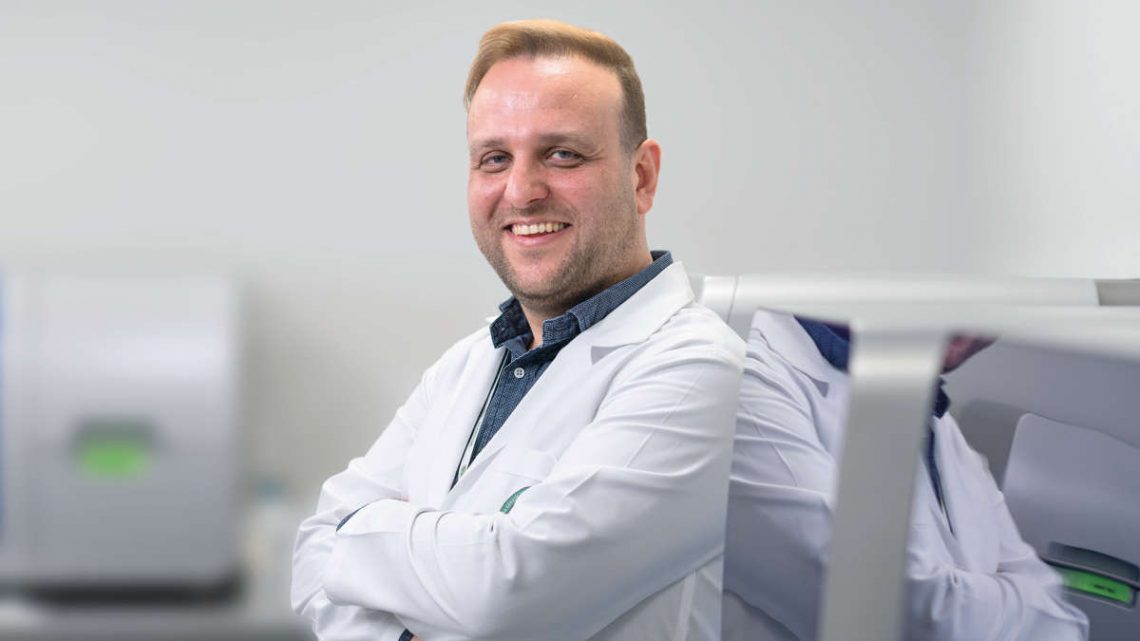


















Rare Disease Day 2023 is February 28. It’s a day to raise awareness for the more than 475 million people living with over 7,000 rare diseases globally (1). In fact, rare diseases affect 10 percent of the world’s population (1). But despite their prevalence, rare diseases present significant challenges across the patient journey.
Diagnosis of rare diseases can often take five to seven years. Symptoms can be confusing; local institutions may not have the experience or infrastructure to make a timely diagnosis; and insufficient knowledge about the disease can hinder investigations. The long road to diagnosis presents one of the greatest challenges affecting the health, survival, well-being, and the very identity of people affected by a rare disease and their families.
Delays in diagnosis can lead to inappropriate disease management and disease progression. Patients are often misdiagnosed when symptoms present similar to another disease, and a misdiagnosis can lead to unsuitable interventions. For children with a rare disease, shortening the average five- to seven-year diagnostic journey could be a matter of life or death.
At QIAGEN Digital Insights, we are advancing and accelerating the diagnosis of rare and inherited diseases. For 25 years, we have been building the world’s largest, manually curated knowledge base of genomic data. Combined with our sophisticated bioinformatics solutions and standalone genomic databases, the QIAGEN Knowledge Base ensures clinicians, researchers, and pharmaceutical companies have access to the technology and data needed to make a timely, accurate diagnosis.
In this article, we discuss the challenges of diagnosing rare diseases, the impact of misdiagnoses, and how QIAGEN Digital Insights is helping to end the diagnostic odyssey.
A disease is considered rare when it affects a relatively small number of people. In the United States, rare disease (also known as orphan diseases) are defined as any disease affecting less than 200,000 people (2). Approximately 70 percent of all rare diseases are genetic in origin. And 72 percent of genetic rare disease present at birth or in childhood (2).
Rare diseases are difficult to diagnose. As a result, many patients with rare disease enter into a diagnostic odyssey. A diagnostic odyssey is the journey that a patient with a rare disease undergoes to receive an accurate diagnosis.
As we mentioned previously, diagnostic odysseys can be extremely long, often taking five to seven years. These journeys are frustrating, emotionally draining, and financially burdensome. Patients typically see multiple providers, undergo extensive testing, and receive several misdiagnoses.
At the end of the day, diagnosing rare diseases requires a multidisciplinary approach. The diagnostic odyssey involves healthcare and biotech companies, healthcare providers, researchers, and patient advocacy groups. By increasing awareness and knowledge, improving access to diagnostic tools, and investing in research and development of new treatments, we can shorten time to diagnosis from years to mere hours.
Misdiagnosis or delayed diagnosis of a rare disease can significantly impact the patient’s health, quality of life, and financial stability. Patients may undergo unnecessary treatments, suffer side effects from inappropriate medications, experience worsening conditions, and can lose their life. In addition, the emotional and financial burdens of a misdiagnosis can strain patients and their families.
QIAGEN Digital Insights’ mission is to advance molecular intelligence from bench to bedside. With a superior quality knowledge base powered by augmented molecular intelligence (AMI) and a comprehensive portfolio of bioinformatic software, services, and specialty genomic databases, we empower clinicians, researchers, and pharmaceutical companies to accelerate the integration of genomic data into decision-making.
Our sophisticated bioinformatics tools and unrivalled knowledge enable rapid and reliable diagnosis for patients with rare diseases. We collaborate with and support some of the most prestigious healthcare and research institutions in the world, including multiple national and multi-national consortiums focused on the diagnosis of inherited and rare diseases. To date, our clinical decision support software platform, QIAGEN Clinical Insights (QCI), has been used to interpret more than 3 million patient molecular profiles for hereditary and oncology diseases.

The diagnostic odyssey for patients with rare genetic diseases can be long and heartbreaking. But at QIAGEN Digital Insights, we are working hard to discover their genetic roots and characterize thousands of potential disease-causing variants to help generate diagnoses and new disease-related gene discoveries. Driven by our ability to give life-changing answers to patients, doctors, and researchers, we are ending the diagnostic odyssey of rare diseases one gene at a time.